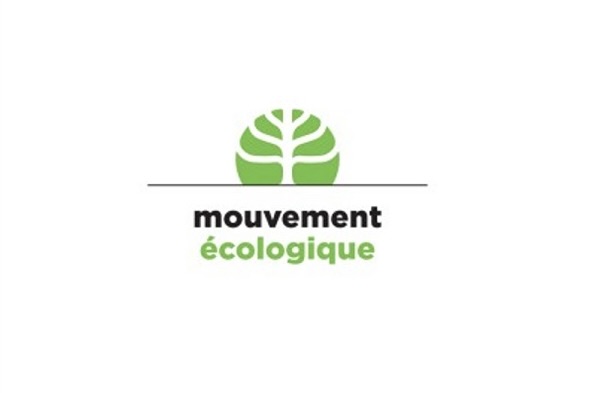
On Wednesday 9 July 2025, the Luxembourg environmental non-profit organisation Mouvement Ecologique asbl, Action Solidarité Tiers Monde (ASTM), the Political Forum of the Cercle de Coopération des ONGD and Greenpeace Luxembourg issued an open letter to the Luxembourg Government calling for a stop to the European Union’s EU-Mercosur agreement.
The letter, titled “Stop the harmful free trade agreement between the European Union and the Mercosur countries”, was addressed to Prime Minister Luc Frieden, Minister for Foreign Affairs and Foreign Trade, Xavier Bettel, Minister of the Environment, Climate and Biodiversity, Serge Wilmes, Minister of Agriculture, Food and Viticulture, Martine Hansen, and members of the European Parliament. It stated that, despite the weakening of international systems of cooperation, “this approach must not be pursued ‘at all costs’ if it results in harmful social, environmental and economic consequences: accelerating climate change, loss of biodiversity, insecurity and injustice”.
The organisations noted that the free trade agreement between the European Union and Mercosur countries would bring “very limited economic gains according to international experts”, while causing “significant negative impacts” on both sides of the Atlantic. They added that in the Global South, overproduction from monoculture cash crops (soya, sugar cane, meat) is increasing and that deforestation and the heavy use of pesticides - much of which is imported from Europe and include substances banned in the EU - is undermining food-producing sectors which are supported by family farms.
The organisations added that in Europe family farms are also weakened and exposed to the negative consequences of the trade agreement and that the import of agricultural products treated with banned pesticides or based on genetic engineering techniques poses health risks. In the absence of clear traceability rules, they warned consumers cannot be guaranteed that quality standards are met.
According to the letter, the EU-Mercosur agreement also “reinforces a hierarchical logic between countries”, with industrial powers on one side and countries whose economies rely on agriculture facing increased exploitation of non-renewable natural resources on the other. This widens inequalities and does not contribute to the development of a fairer and more sustainable world.
The letter also noted that, amid the current waves of extreme heat, the trade agreement runs counter to the EU’s climate commitments, through an increase in deforestation due to growing agricultural trade volumes linked to the agreement, which will lead to higher greenhouse gas emissions.
Other issues raised by the organisation included the inadequate protection of the rights of Indigenous Peoples and Local Communities (IPLC) and the undermining of future laws on social and environmental issues, through the introduction of a new dispute mechanism which can be used if laws are deemed to harm the benefits of businesses.
Moreover, the organisations highlighted that by circumventing Member States’ parliaments, with ratification of the agreement taken solely by the European Parliament, there is “a serious breach of fundamental democratic principles” which “risk further empowerment of extreme camps and undermining European institutions”.








